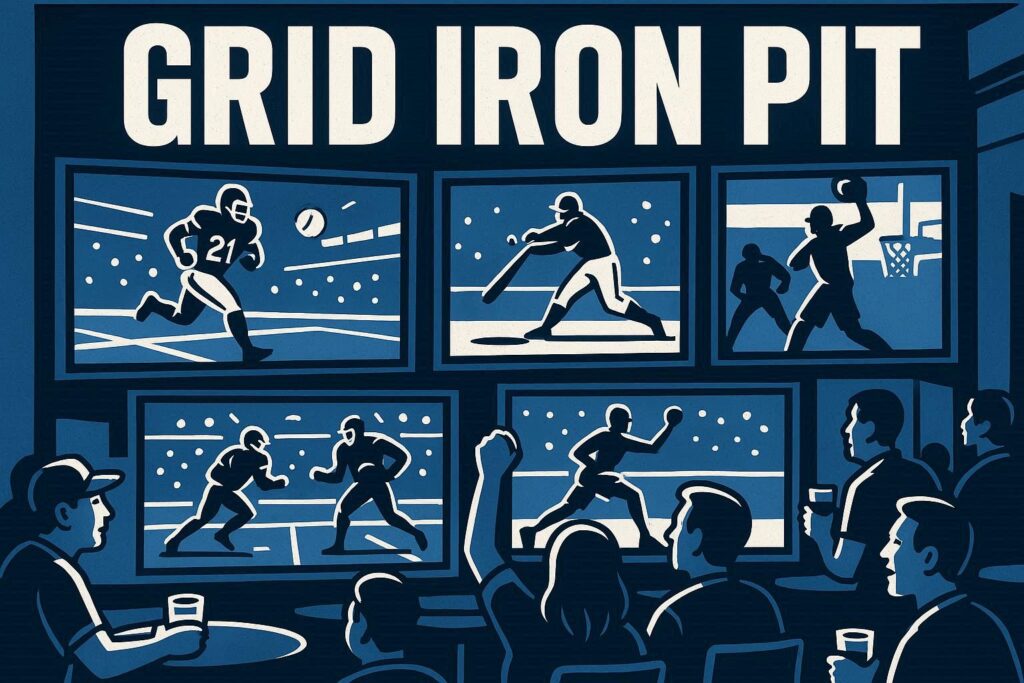The legal heat continues to be turned up on Kalshi, as Native American tribes have joined together to support New Jersey’s appeal of the preliminary injunction granted to the prediction market after it sued in response to the state’s cease-and-desist letter issued in March.
According to a post by gambling attorney Daniel Wallach, “60 federally recognized Indian Tribes and 9 tribal organizations have filed an amici curiae brief in the 3rd Circuit in support of New Jersey’s appeal of the preliminary injunction granted to Kalshi. … Collectively, hundreds of tribal nations have signed onto the amicus brief either directly or through representative organizations.”
This marks an unprecedented level of unity among tribes on a gambling issue.
In the West Flagler case challenging the Seminoles’ 2021 compact with Florida that granted the tribe exclusive rights to operate online sports betting in the state, five tribal associations and 10 tribes signed on to an amicus brief filed to the D.C. Circuit Court of Appeals (the Seminoles filed a separate brief).
“10 times as much tribal participation in a case about prediction markets,” Wallach said in a direct message to Comped. “This covers the national landscape of tribal gaming. Every tribe is represented either directly or indirectly.”
Kalshi infringing on tribal rights?
New Jersey, in addition to several other states, and now the tribes contend that Kalshi is operating as a sportsbook without proper regulatory oversight.
Kalshi is indeed offering what is calls “sports event contracts”, largely indistinguishable from sports bets, in all 50 states. The company is regulated by the Commodity Futures Trade Commission as a Designated Contract Market, which has allowed it to avoid licensing requirements and taxation in states where sports betting is legal and offer what is essentially sports betting in states where it is not.
The brief filed by the tribes, per Wallach, claims Kalshi “adversely impacted tribal gaming revenue and the benefit of tribes’ bargained-for compacts” and “impedes tribes’ inherent sovereign right to regulate gaming activity on Indian lands.”
Kalshi has until July 24 to file its brief to the 3rd Circuit Court of Appeals in New Jersey.
Several states fighting Kalshi
New Jersey is one of many states to have taken legal action against Kalshi, as five more jurisdictions joined the cause last week.
Nevada’s case followed an early path similar to New Jersey. Just as it did in the Garden State, Kalshi sued Nevada after being served with a cease-and-desist letter there and was granted a preliminary injunction. Nevada’s motion to dismiss Kalshi’s lawsuit was thrown out by a U.S. district court judge.
Just last week, Kalshi was hit with lawsuits from five more states – Ohio, Illinois, Massachusetts, South Carolina and Kentucky. Sports betting is legal in all of those jurisdictions except South Carolina.
Robinhood, which partners with Kalshi to offer sports event contracts, and Susquehanna, which provides liquidity as a market maker on both platforms, were also named in those suits.
Kalshi has also been served with cease-and-desist letters by Maryland and Montana, and the company is under investigation in Connecticut.
Maryland could represent a chink in Kalshi’s armor.
Judge Adam B. Abelson, who presides over the US District Court of Maryland, may not be falling in line with the New Jersey and Maryland courts’ thinking.
“Unlike the federal judges in Nevada and New Jersey … Judge Abelson seems … skeptical,” wrote Event Horizon’s Andrew Kim after a hearing in Abelson’s courtroom earlier this month. “For one, he kept describing Kalshi’s contracts as ‘bets.’”
Judge Abelson’s ruling could come by the end of June.
Prediction markets have blessing of CFTC head nomination
While Kalshi faces a groundswell of opposition from states and tribes, the company seems to have support from Brian Quintenz, President Trump’s nomination as head of the CFTC.
During his confirmation hearing on June 10, Quintenz said nothing to indicate the agency would deter Kalshi from offering sports-based trades, arguing such contracts fall within the definition of federally-regulated financial hedging instruments.
US Senator Adam Schiff – who represents California, where tribal influence is particularly strong – pressed Quintenz on concerns that prediction markets’ may “violate tribal sovereignty, undermine state and tribal gaming compacts, and conflict with the Indian Gaming [Regulatory] Act.”
Quintenz promised a “very robust, all-stakeholder engagement process” involving the tribes and suggested tribes could offer sports events contracts on their own.
“Nothing in the [Commodity Exchange Act] that I’m aware of prohibits or affects the opportunity of tribes to offer those products, those markets and those services,” he said.
Quintenz, however, suggested that under his leadership, the CFTC would defend prediction markets against legal challenges from states and that any conflict between the CEA and IGRA should be resolved through Congress.





